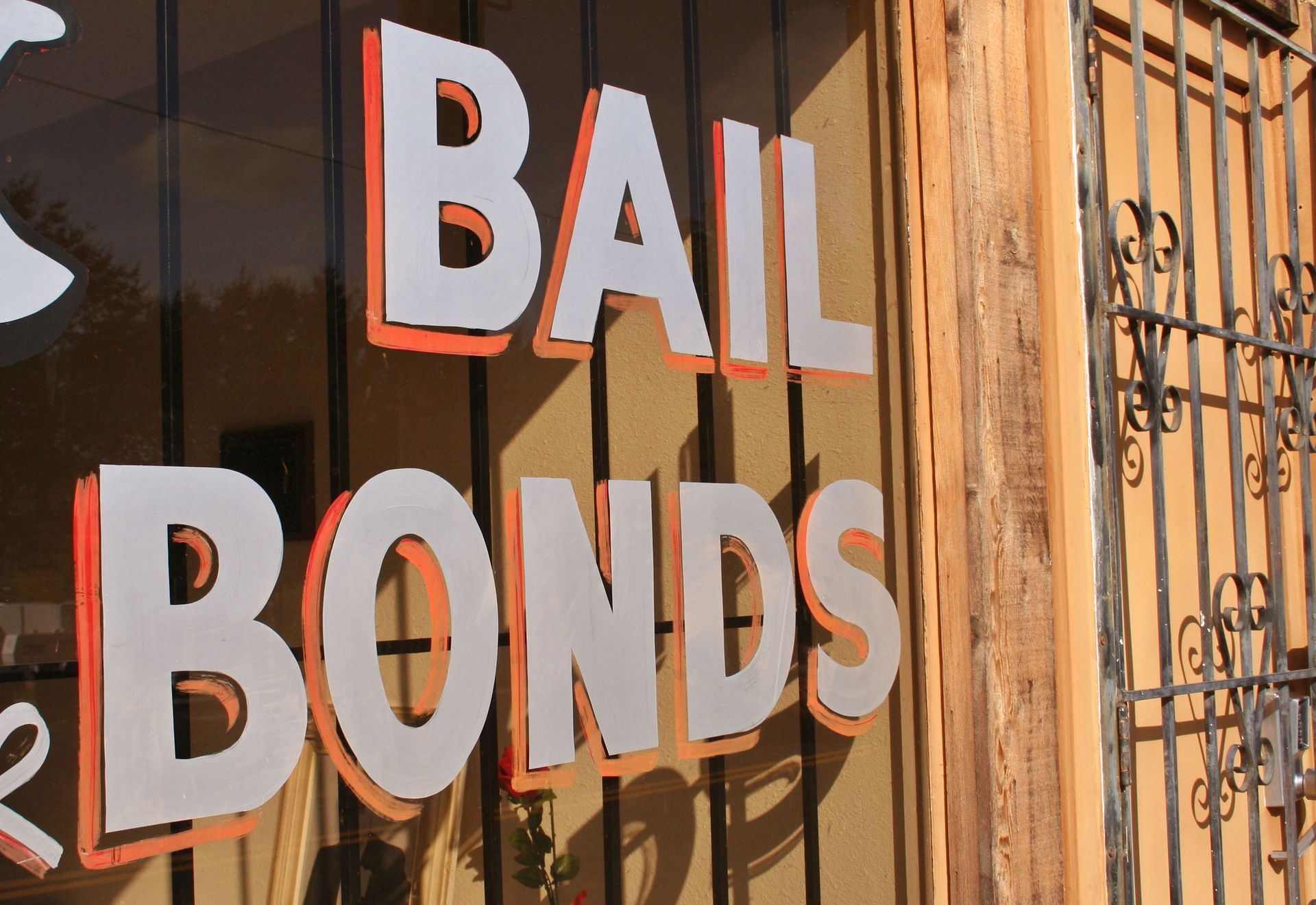The Financial Reality of Bail: Why Most Americans Can't Afford to Get Out of Jail
In the American justice system, the concept of "innocent until proven guilty" stands as a core principle. However, when people are arrested, many find themselves in a situation where their freedom is contingent upon their ability to pay bail. Examining this issue reveals the broader socio-economic challenges embedded in the criminal justice system.
Burdens of Bail
The financial burden of bail falls disproportionately on those who can least afford it. According to the Vera Institute, roughly half of the people in the United States struggle to afford a $400 emergency expense, yet the average bail set on a felony case is $10,000. This means that for many, the option to pay bail and secure temporary freedom is nothing more than a distant dream. Instead, they remain in jail, not because they have been proven guilty, but simply because they lack the financial resources to pay for their freedom, or have appropriate access to bail bonds.
Consequences of Being Unable to Afford Bail
Moreover, the inability to afford bail can have devastating consequences. Individuals held in jail for extended periods may lose their jobs, face eviction, or suffer from deteriorating physical and mental health. These pre-trial detentions not only disrupt the lives of those incarcerated but can also impact their ability to mount an effective defense. When defendants are detained pre-trial, they might feel pressured to accept plea deals, even when they have legitimate defenses, just to regain their freedom.
Repeats Cycles of Poverty
The financial reality of bail also perpetuates a cycle of poverty and criminality. With the added stress of legal fees and the threat of ongoing court dates, those who are unable to pay bail are often financially wiped out before their cases are resolved. This situation fosters an environment where individuals may, out of desperation, turn to other illegal activities to make ends meet, further entrenching them in the criminal justice system. Therefore, the current structure of the bail system acts less as a guarantor of return to court and more as a debtor’s jail, pressing the poor into more precarious situations.
Reforming bail practices would not only aid those stuck in a cycle of poverty induced by pre-trial detentions but also uphold the principle of innocent until proven guilty. As many advocates have noted, rethinking the use of monetary bail is a critical step toward a fairer and more equitable society, where freedom isn't contingent upon financial status. Zona Long Bail Bonds is here to help with bail. Contact us today to learn more about bail bonds.
Business Hours
24/7 Emergency Services Available




Share On: